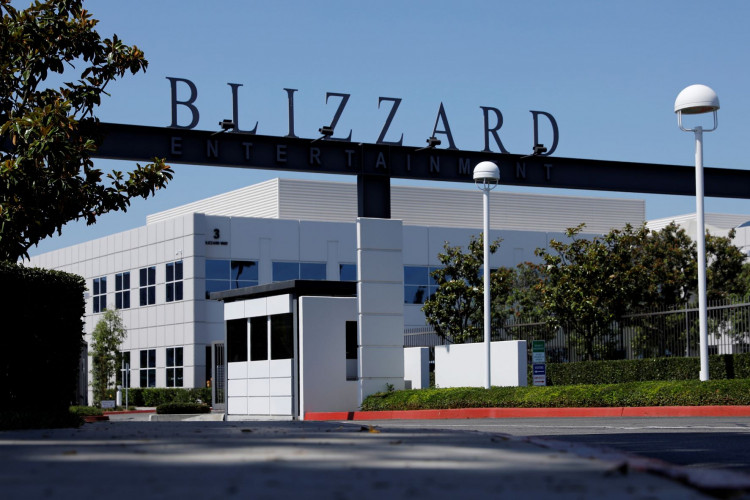Microsoft filed its response to US antitrust regulators' attempt to stop the software maker's acquisition of video game publisher Activision Blizzard, claiming that the transaction will not hurt competition.
The Federal Trade Commission's challenge to the proposed $68.7 billion acquisition is the most significant regulatory pushback Microsoft has faced on its own territory since squaring off against the Justice Department over Windows' dominance in the operating system industry two decades ago.
Microsoft has provided concessions in order to alleviate government resistance to the deal.
"Even with confidence in our case, we remain committed to creative solutions with regulators that will protect competition, consumers, and workers in the tech sector," Brad Smith, Microsoft's president and vice chair, said in a statement to CNBC. "As we've learned from our lawsuits in the past, the door never closes on the opportunity to find an agreement that can benefit everyone."
Activision Blizzard's Call of Duty video games will be available on Nintendo systems for 10 years, according to Phil Spencer, CEO of Microsoft's gaming division, who made the announcement in October. The games will also remain on Valve's Steam platform.
Microsoft has also proposed to enter into a 10-year contract with Sony that would allow Call of Duty games to be made available on PlayStation platforms on the same day they are made available on Microsoft Xbox consoles. In its filing, Microsoft stated that "Sony refuses to deal."
After nearly a year of investigation and scrutinizing millions of documents from Activision Blizzard and Microsoft, Microsoft stated that the FTC has found no proof that Microsoft is attempting to take the game series off PlayStation. According to Microsoft, ensuring the games' widespread availability benefits the company's bottom line.
Activision Blizzard stated in its own response to the FTC's lawsuit that "if Xbox withheld Call of Duty from Sony's PlayStation or other platforms that compete with Xbox, Xbox would immediately forgo billions of dollars in lost game sales and cleave off a massive portion of the garners that Activision has worked so hard to attract and retain."
Both Activision Blizzard and Microsoft challenged the FTC's claims.
Michael Chappell, an administrative law judge for the FTC, will hear the case. Microsoft and Activision Blizzard both claimed that the FTC's methods infringe on their Fifth Amendment right to procedural due process.
Spencer stated on a conference call the day the transaction was announced that Microsoft will become "the world's number three gaming company by revenue, behind Tencent and Sony" if the deal does materialize.






